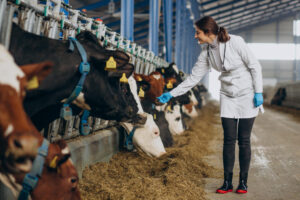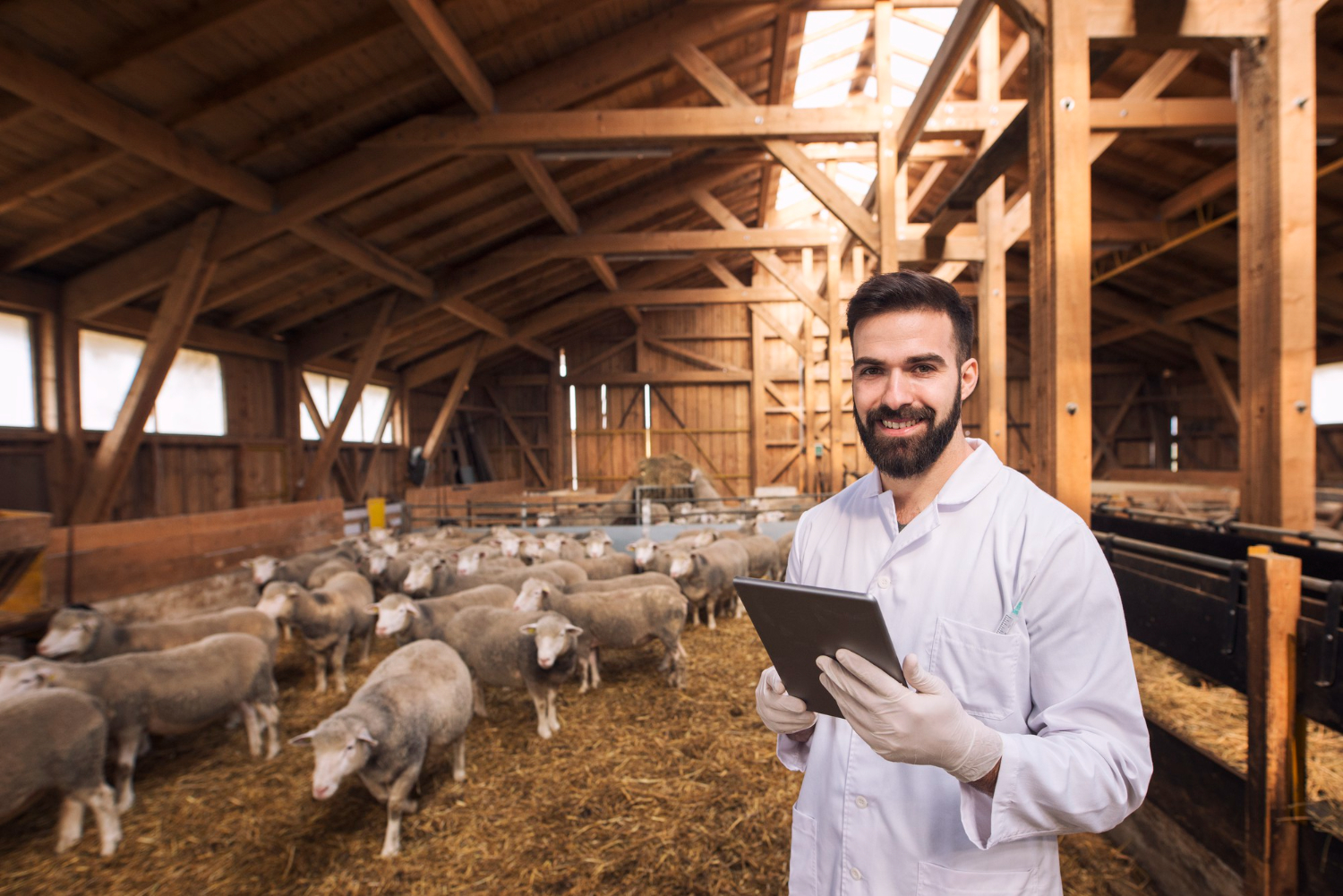Sustainable Pet Food Production In the US
 There are more than 163.4 million pets in the United States, including 77.8 million dogs and 85.6 million cats, that consume animal products as a significant percentage of their diet. Given the significant environmental impact of pet food production, the contributions of omnivorous and carnivorous animals deserve special attention.
There are more than 163.4 million pets in the United States, including 77.8 million dogs and 85.6 million cats, that consume animal products as a significant percentage of their diet. Given the significant environmental impact of pet food production, the contributions of omnivorous and carnivorous animals deserve special attention.
American pet food production and environmental impact
Meat-based diets have a considerable impact on the environment because they require more energy, land and water and have greater environmental consequences in terms of soil erosion, use of pesticides, fertilizers, use of fossil fuels and waste. Total annual pet food production in the United States is estimated to be 9.8 million metric tons. As a result, pet food production creates a substantial footprint by releasing up to 64 million tons of greenhouse gases, such as methane and nitrous oxide. Additionally, the environmental impact of dogs and cats based on annual pet food consumption ranges between 27 and 1,444 kg of carbon dioxide equivalent per year for dogs and between 43 and 228 kg of carbon dioxide equivalent per year for dogs. Year in the case of cats. Given the significant environmental impact of pet food production, the contributions of omnivorous and carnivorous animals deserve special attention.
Nutritional composition
The nutritional composition affects the amount of raw material necessary to achieve the desired nutrient levels. Protein is the most expensive macronutrient, and according to the Association of American Feed Control Officials, minimum protein needs are 18% for adult dogs and 26% for adult cats on a dry matter basis. Proteins are obtained from animal, plant and alternative sources. Animal proteins make up the majority of protein in pet foods that contain a complete profile of essential amino acids for dogs and cats. However, proteins of animal origin usually have a larger ecological footprint than those of plant origin. On the other hand, non-antibiotic protein sources, such as poultry, which are popular in pet foods, have potentially adverse effects on the sustainability aspects of the food chain because they compromise animal health, reduce production efficiency and increase production costs.
…

